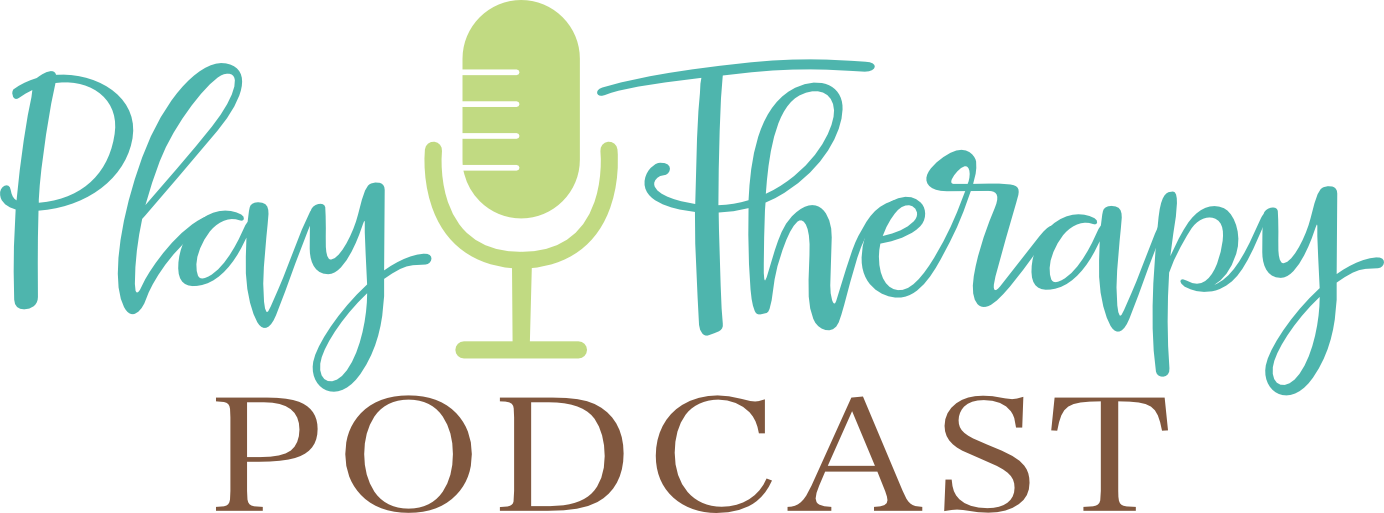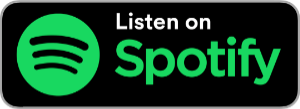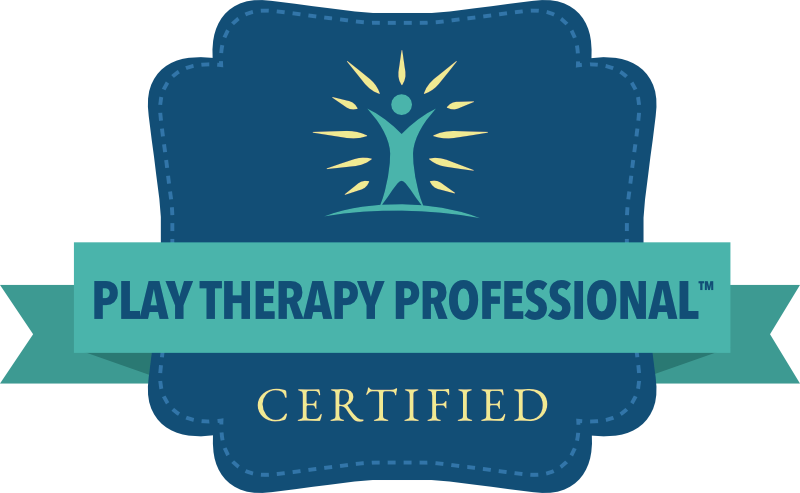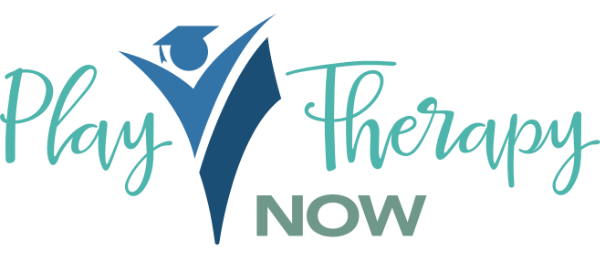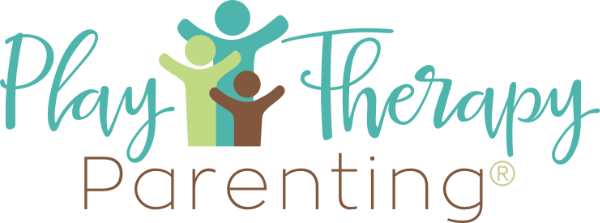Why Kids Use “Potty Talk” in Session — And How to Stay Child-Centered When Responding
In this episode of the Play Therapy Podcast, I answer a question from Monica in California about how to handle “potty talk” in child-centered play therapy (CCPT). Monica shares that her 5-year-old client often says words like “butt” and giggles during sessions, and she wonders how to respond within the CCPT framework. I explore the different reasons children use potty talk, including age-appropriate behavior, boundary testing, relational testing, and seeking shock value. I also highlight how the playroom provides a unique space where children can express themselves freely without judgment or consequence.
I offer practical advice on how to stay neutral, reflect the content, and enlarge the child’s experience when appropriate. By responding calmly and without judgment, we can help children process what they need to work through while maintaining the trust and safety of the therapeutic relationship. This approach allows us to remain truly child-centered, supporting the child’s emotional growth and expression.
Play Therapy Podcast Livestream! Jan. 3rd @ 2pm EST
Register here (100 attendee limit): https://playtherapypodcast.com/livestream
Sign up for my exclusive newsletter at playtherapynow.com. Stay ahead with the latest CCPT CEU courses, personalized coaching opportunities and other opportunities you need to thrive in your CCPT practice!
If you would like to ask me questions directly, check out www.ccptcollective.com, where I host two weekly Zoom calls filled with advanced CCPT case studies and session reviews, as well as member Q&A. You can take advantage of the two-week free trial to see if the CCPT Collective is right for you.
Ask Me Questions: Call (813) 812-5525, or email: brenna@thekidcounselor.com
Brenna’s CCPT Hub: https://www.playtherapynow.com
CCPT Collective (online community exclusively for CCPTs): https://www.ccptcollective.com
Podcast HQ: https://www.playtherapypodcast.com
APT Approved Play Therapy CE courses: https://childcenteredtraining.com
Twitter: @thekidcounselor https://twitter.com/thekidcounselor
Facebook: https://facebook.com/playtherapypodcast
